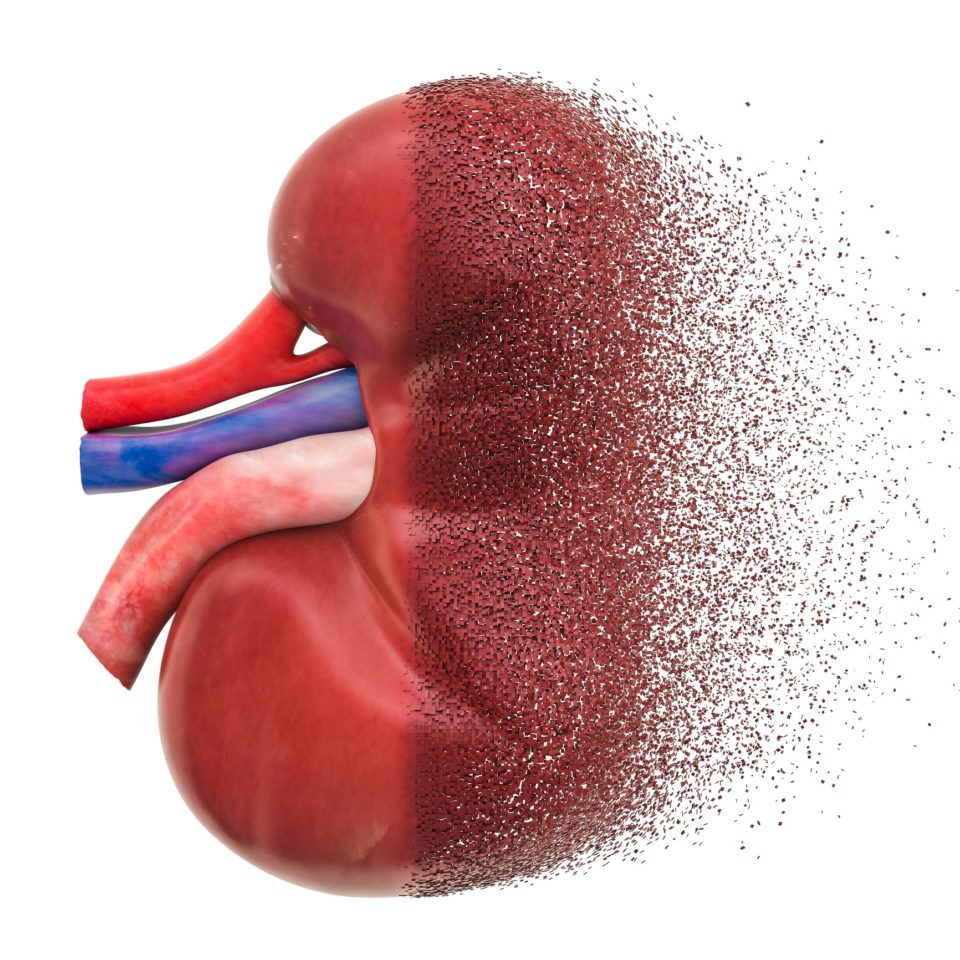
Approximately 40% of patients with diabetes develop diabetic kidney disease, the most common cause of chronic kidney disease (CKD) worldwide. Patients with CKD, and particularly those with diabetes mellitus, are at high risk of kidney failure as well as cardiovascular death. Reducing the incidence of kidney failure in patients with diabetic kidney disease using renin-angiotensin system blockers is based on results of studies that date back ≥20 years.
Alberto Ortiz, MD, and colleagues reported on the available evidence of cardioprotective and nephroprotective effects of mineralocorticoid receptor antagonists in that patient population [Nephrology Dialysis Transplantation. doi.org/10.1093/ndt/gfab167].
In recent years, results of randomized trials of sodium-glucose co-transporter-2 inhibitors have suggested beneficial renal effects. However, even in combination treatment with renin-angiotensin system blockers and sodium-glucose co-transporter-2 inhibitors, the residual renal risk remains high; kidney failure is deferred, but not avoided. The risk of cardiovascular death also remains high with optimal current treatment.
In patients on optimal therapy, steroidal mineralocorticoid receptor antagonists reduce albuminuria and surrogate markers of cardiovascular disease. However, the significant risk of hyperkalemia curtails use of those agents.
The FIDELIO-DKD (Finerenone in Reducing Kidney Failure and Disease Progression in Diabetic Kidney Disease) study compared the actions of finerenone, a nonsteroidal mineralocorticoid receptor antagonist, with placebo. Results of FIDELIO-DKD demonstrate that finerenone reduced the progression of diabetic kidney disease and the incidence of cardiovascular events with a relatively safe adverse event profile.
The current report outlines the evidence on the cardioprotective and nephroprotective effects of mineralocorticoid receptor antagonists, describes the potential mechanisms involved, and discusses their potential place in the treatment of patients with diabetic CKD.







 © 2025 Mashup Media, LLC, a Formedics Property. All Rights Reserved.
© 2025 Mashup Media, LLC, a Formedics Property. All Rights Reserved.